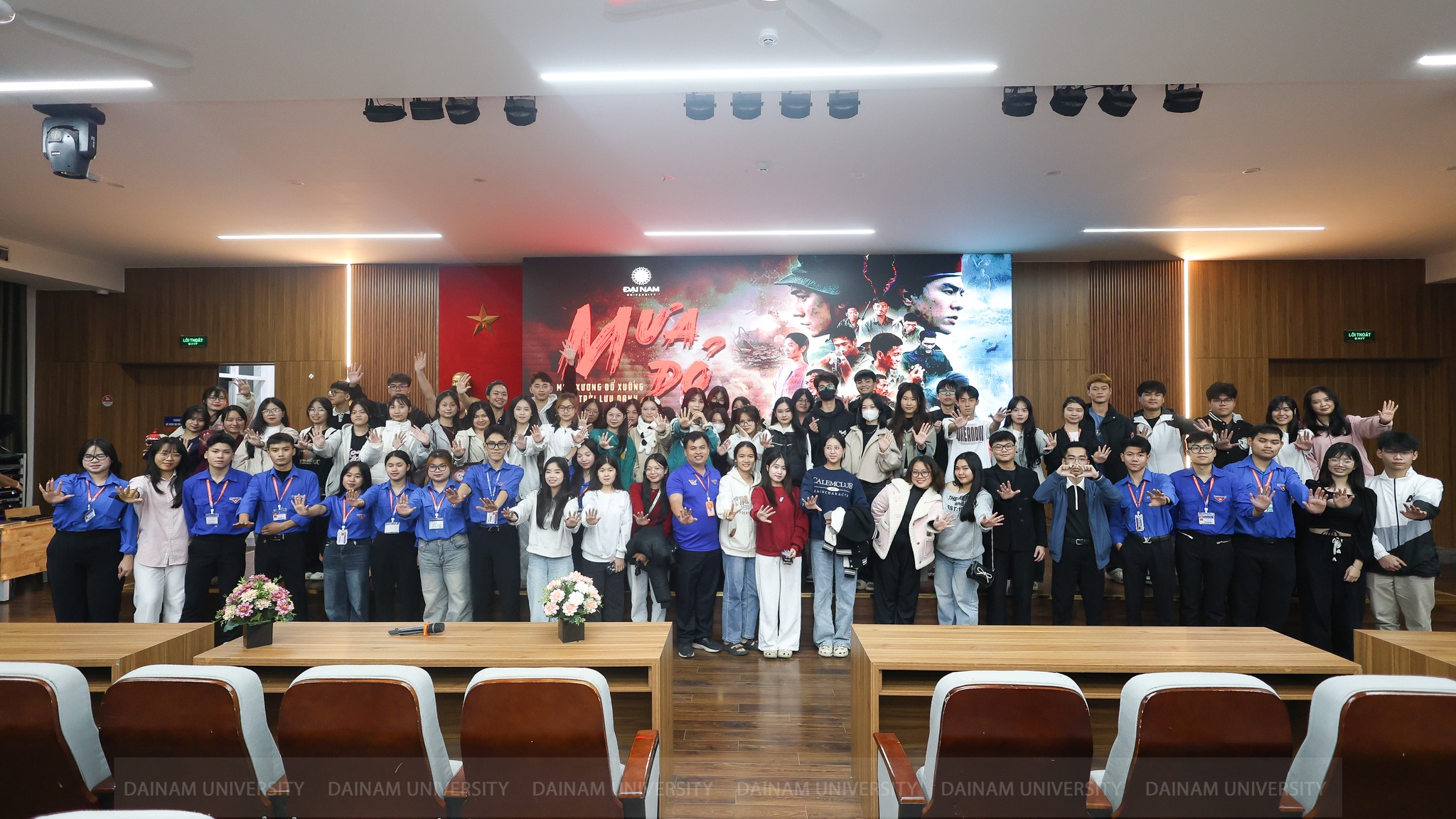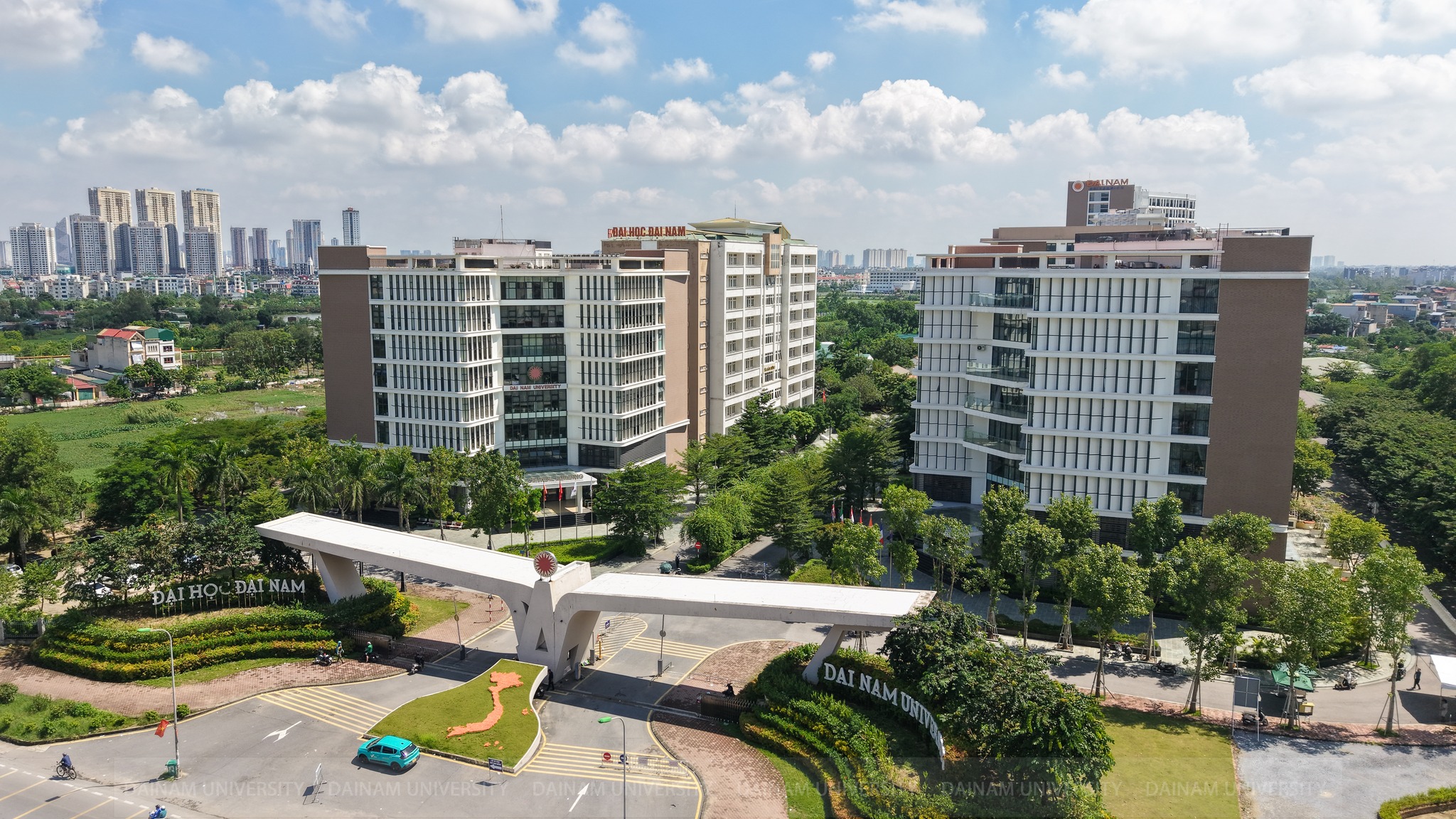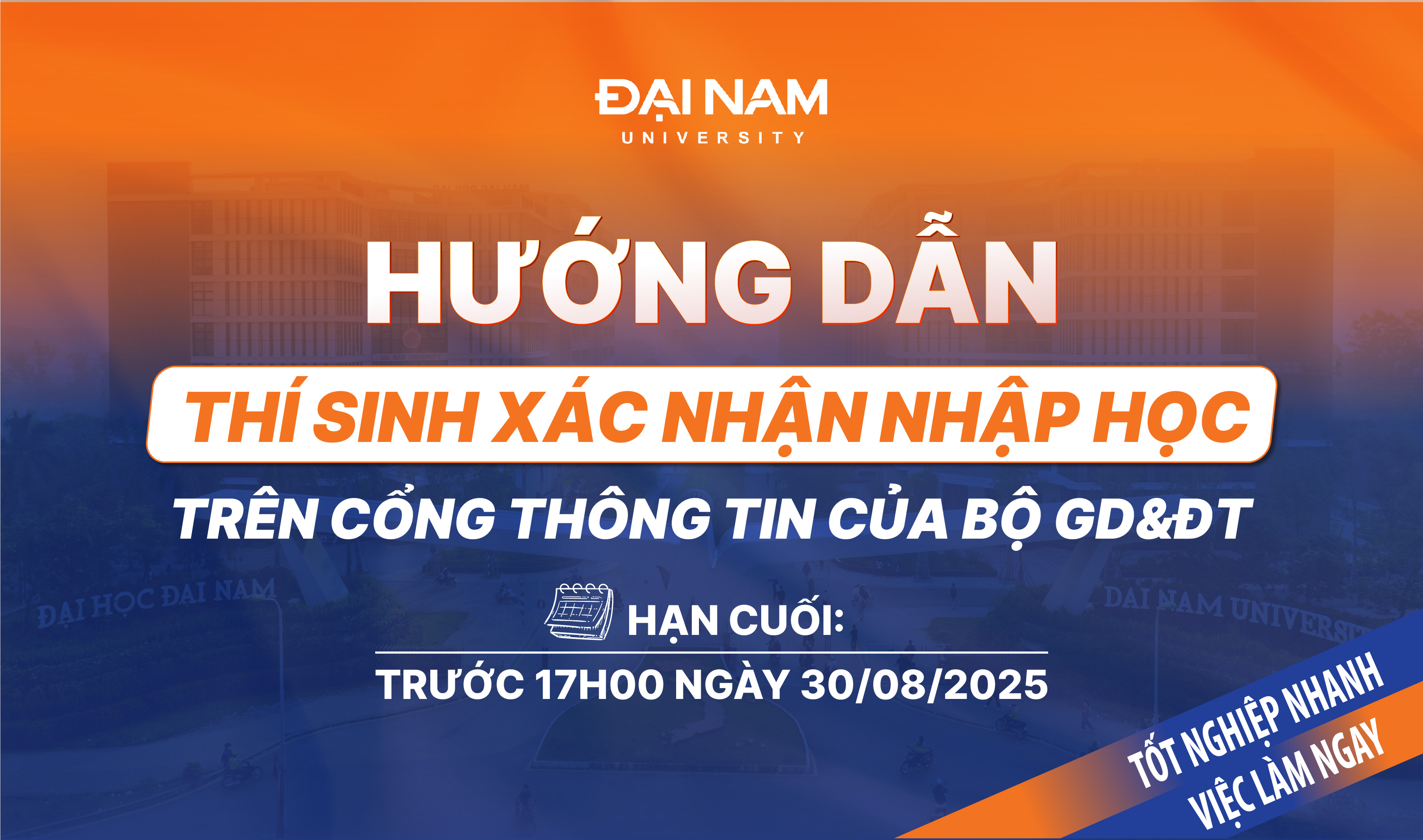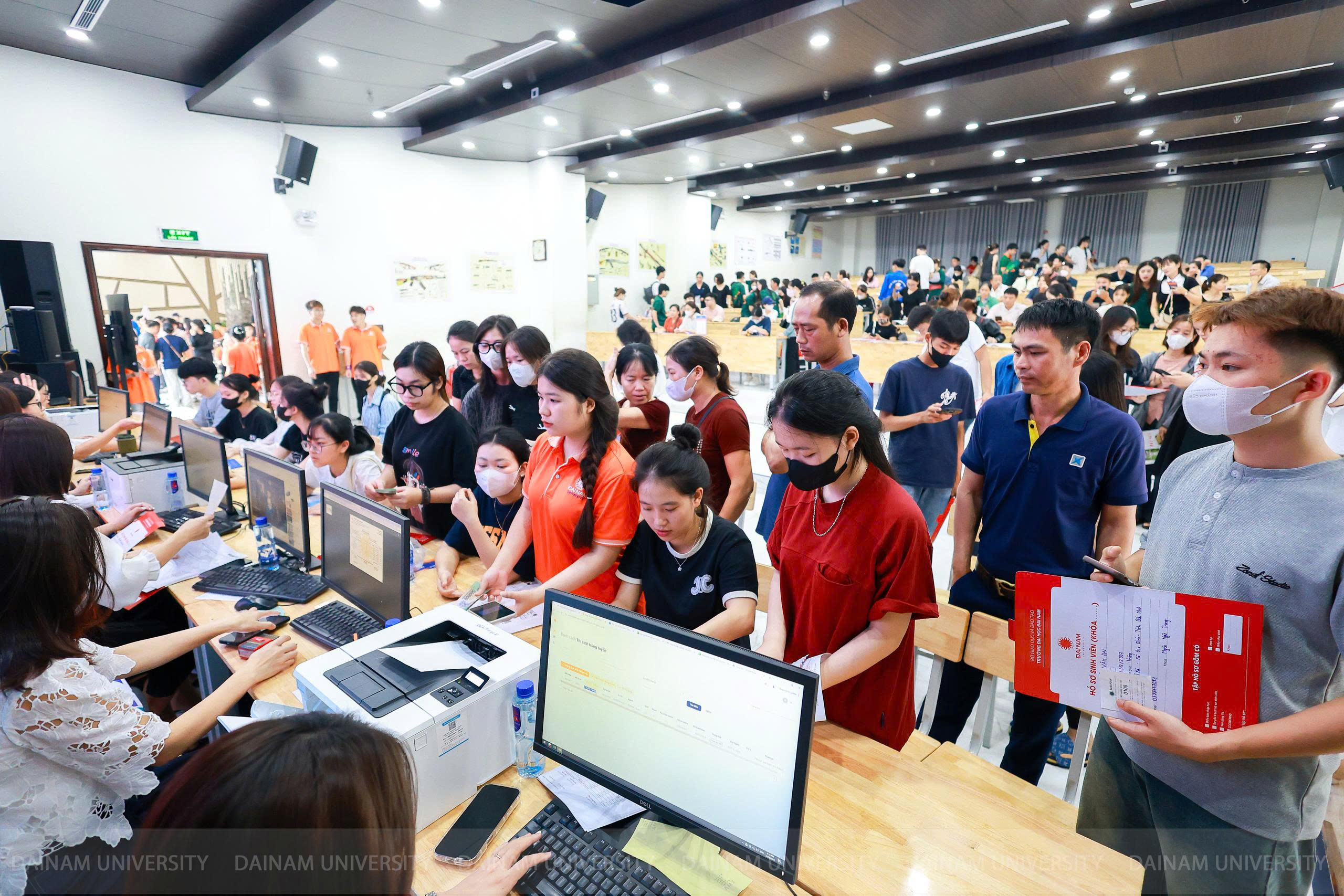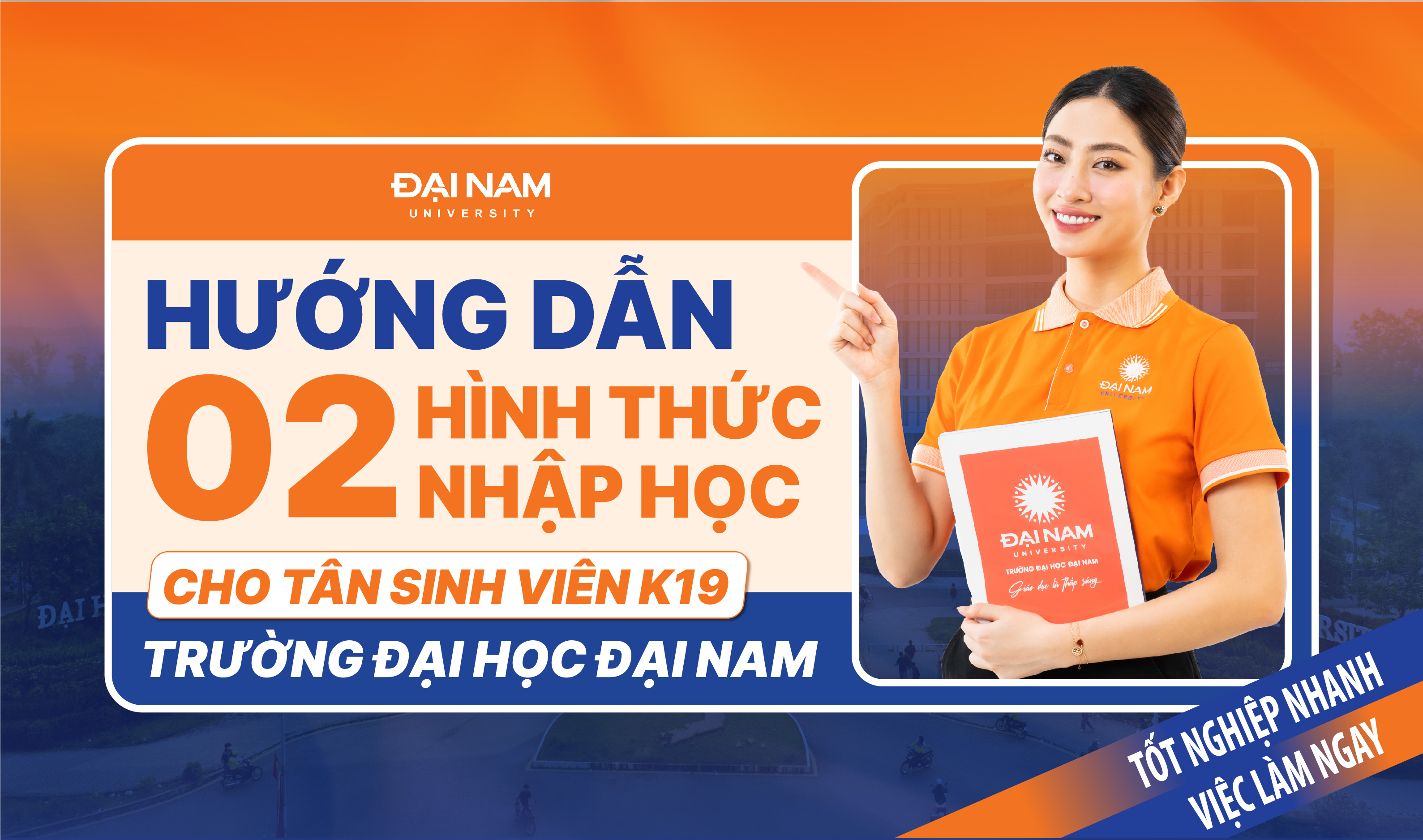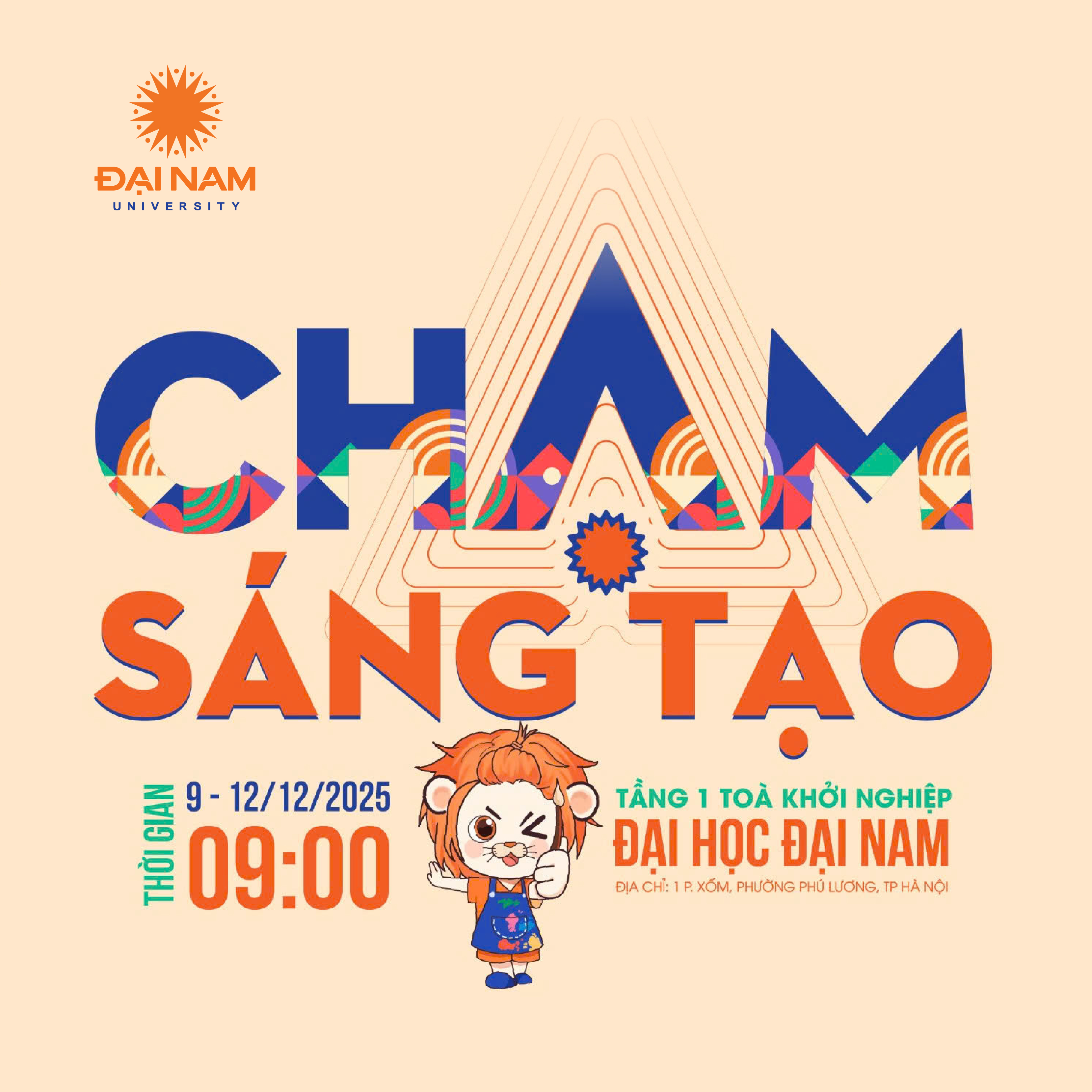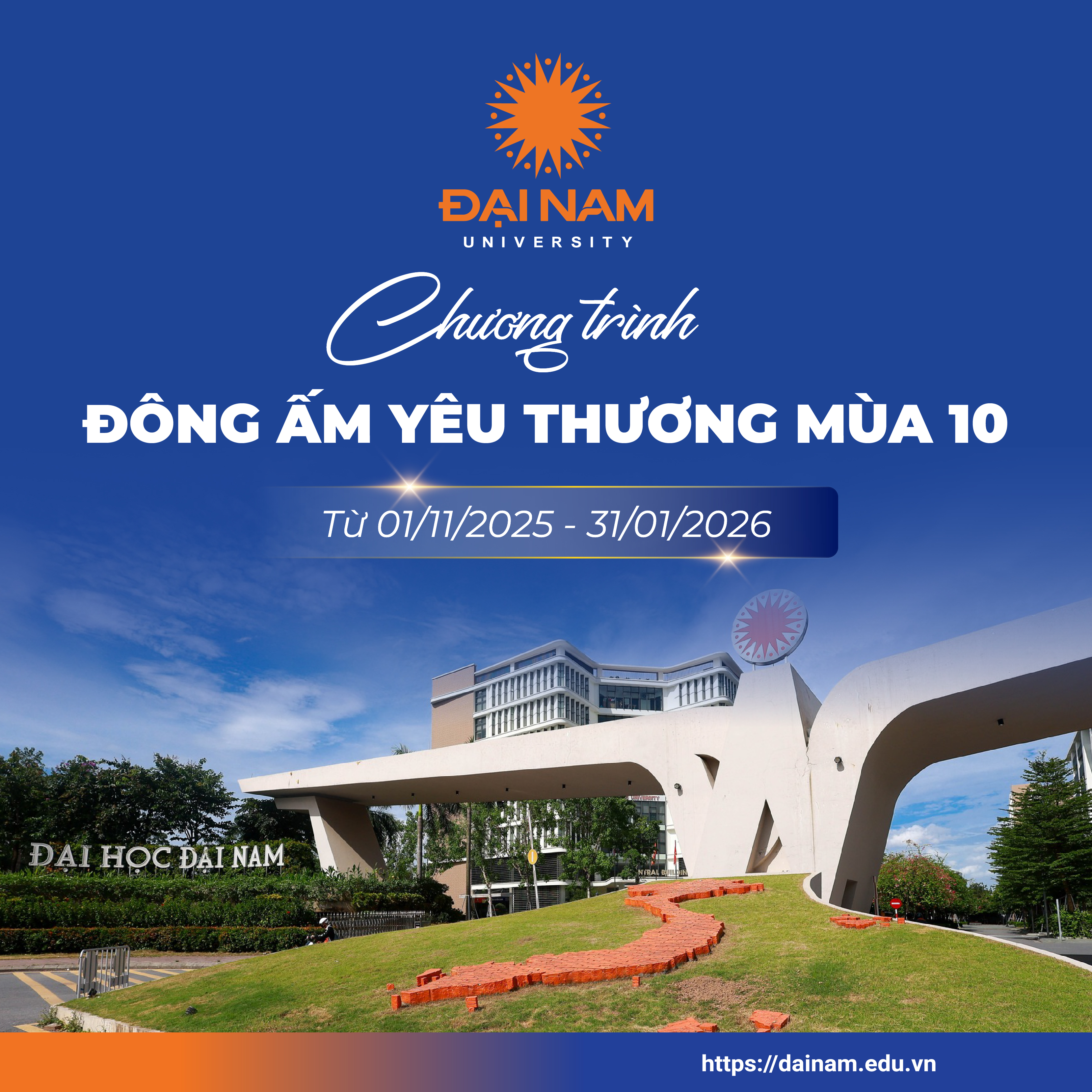The Foreign Language exam is expected to have both multiple choice and essay questions.
Posted date 06/03/2015
view

The 2015 National High School Exam is expected to be multiple choice and essay for foreign languages: The 2015 exam will still be open-ended, increasing students' application of knowledge, not requiring students to memorize a lot, and the exam structure will ensure both basic and advanced knowledge, meeting the requirements of classifying students well for the purpose of recognizing graduation.
The 2015 National High School Exam is expected to be multiple choice and essay for foreign languages: The 2015 exam will still be open-ended, increasing students' application of knowledge, not requiring students to memorize a lot, and the exam structure will ensure both basic and advanced knowledge, meeting the requirements of classifying students well for the purpose of recognizing graduation...
Mr. Tran Van Nghia, Deputy Director of the Department of Testing and Quality Assurance, Ministry of Education and Training, answered many concerns of high school principals at the conference to disseminate exam regulations and deploy preparations for the 2015 national high school exam organized by the Hanoi Department of Education and Training on March 3. According to Mr. Nghia, the registration period will last from April 1 to 30, high school and continuing education students register at their schools, and independent candidates register at locations set by the Department of Education and Training.

Candidates taking the entrance exam to Ho Chi Minh City University of Technology in 2014 discuss their answers after the English exam. Photo: MAI HAI Saigon Giai Phong Newspaper
Regarding foreign languages, Mr. Nghia said that students who do not complete the foreign language program (transfer school), that is, they first studied one foreign language and then transferred to another foreign language school, should apply to take the appropriate foreign language exam.
Candidates with a foreign language exemption certificate will be given 10 points when considering high school graduation. However, to be considered for admission to universities and colleges, they still have to take a foreign language exam according to the school's requirements. Candidates with a foreign language certificate not taught at school but regulated by the Ministry of Education and Training are still exempted from the exam for high school graduation. Candidates who want to take a foreign language not taught at school for graduation can also apply. The new point of this year's regulations is that candidates are allowed to use the scores of the 2014 graduation exams to consider high school graduation in 2015. However, to be considered for admission to universities and colleges, candidates still have to take the exam.
The 2015 exam is based on the high school curriculum, mainly grade 12. The essay test time for math, literature, history, and geography is 180 minutes; the multiple-choice test for physics, chemistry, and biology is 90 minutes. Foreign languages will likely have both multiple-choice and essay sections. The exam will have two groups of questions, group one is average level questions that ensure average students can do them and are qualified to graduate. Group two is questions that differentiate exam results for university and college admission. Social sciences and humanities continue to have open questions, applying practical and interdisciplinary knowledge to answer questions. Natural sciences require applying practical knowledge to solve questions.
Previously, on March 2, 2015, Deputy Minister Bui Van Ga said that the 2015 High School Graduation Exam will still follow the 2014 structure:
So will the 2015 exam still follow the same structure as the 2014 exam, Deputy Minister?
Yes, the exam will still follow the 2014 structure. In the long term, it will change towards testing students' abilities, that is, according to the comprehensive exam. In 2015, it cannot be changed immediately according to the comprehensive exam because to do so, we must change the teaching and learning methods.
The 2015 exam is still open-ended, enhancing the application of knowledge by students, not requiring students to memorize a lot, and the exam structure ensures both basic and advanced knowledge, meeting the requirements of classifying students well for both the purpose of recognizing graduation and considering admission to universities and colleges. The exam includes questions from easy to difficult, meeting both basic requirements (candidates only need to answer these questions to be eligible to graduate from high school) and advanced requirements (to differentiate candidates, serving the work of university and college admission).
Exam questions in recent years, especially those of social sciences and humanities, have been made in an open way to create conditions for students to mobilize their comprehensive, interdisciplinary knowledge and life experiences in doing the test (for example, the Literature exam will include knowledge of history, geography, civic education, etc.); overcoming the situation where students have to learn by heart mechanically.
Regarding foreign languages, Mr. Nghia said that students who do not complete the foreign language program (transfer school), that is, they first studied one foreign language and then transferred to another foreign language school, should apply to take the appropriate foreign language exam.
Candidates with a foreign language exemption certificate will be given 10 points when considering high school graduation. However, to be considered for admission to universities and colleges, they still have to take a foreign language exam according to the school's requirements. Candidates with a foreign language certificate not taught at school but regulated by the Ministry of Education and Training are still exempted from the exam for high school graduation. Candidates who want to take a foreign language not taught at school for graduation can also apply. The new point of this year's regulations is that candidates are allowed to use the scores of the 2014 graduation exams to consider high school graduation in 2015. However, to be considered for admission to universities and colleges, candidates still have to take the exam.
The 2015 exam is based on the high school curriculum, mainly grade 12. The essay test time for math, literature, history, and geography is 180 minutes; the multiple-choice test for physics, chemistry, and biology is 90 minutes. Foreign languages will likely have both multiple-choice and essay sections. The exam will have two groups of questions, group one is average level questions that ensure average students can do them and are qualified to graduate. Group two is questions that differentiate exam results for university and college admission. Social sciences and humanities continue to have open questions, applying practical and interdisciplinary knowledge to answer questions. Natural sciences require applying practical knowledge to solve questions.
Previously, on March 2, 2015, Deputy Minister Bui Van Ga said that the 2015 High School Graduation Exam will still follow the 2014 structure:
So will the 2015 exam still follow the same structure as the 2014 exam, Deputy Minister?
Yes, the exam will still follow the 2014 structure. In the long term, it will change towards testing students' abilities, that is, according to the comprehensive exam. In 2015, it cannot be changed immediately according to the comprehensive exam because to do so, we must change the teaching and learning methods.
The 2015 exam is still open-ended, enhancing the application of knowledge by students, not requiring students to memorize a lot, and the exam structure ensures both basic and advanced knowledge, meeting the requirements of classifying students well for both the purpose of recognizing graduation and considering admission to universities and colleges. The exam includes questions from easy to difficult, meeting both basic requirements (candidates only need to answer these questions to be eligible to graduate from high school) and advanced requirements (to differentiate candidates, serving the work of university and college admission).
Exam questions in recent years, especially those of social sciences and humanities, have been made in an open way to create conditions for students to mobilize their comprehensive, interdisciplinary knowledge and life experiences in doing the test (for example, the Literature exam will include knowledge of history, geography, civic education, etc.); overcoming the situation where students have to learn by heart mechanically.
:
According to Saigon Giai Phong Newspaper
According to Saigon Giai Phong Newspaper
Latest article
View all Posts
Related articles
See all related Articles
Register for admission consultation 2025
Dai Nam University offers admissions to
36 academic programs
across a diverse range of disciplines, including Healthcare, Engineering and Technology, Economics and Business, and Social Sciences and Humanities.
Register now to secure
scholarships and tuition support worth up to 55 billion VND
scholarships and tuition support worth up to 55 billion VND

Register now to secure
scholarships and tuition support worth up to 55 billion VND
scholarships and tuition support worth up to 55 billion VND


